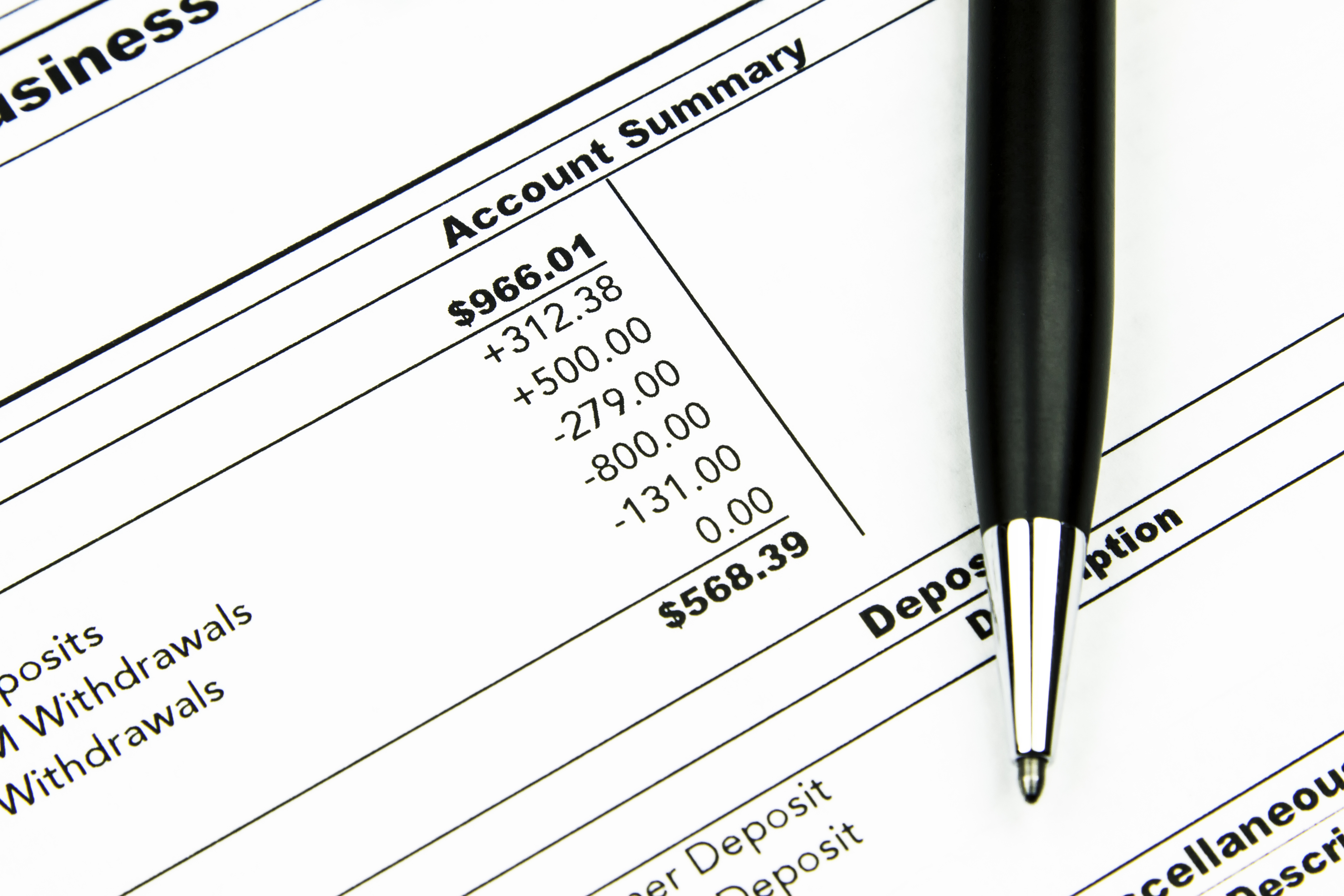The most basic system of personal finance is your personal bank account. It’s the first exposure to the larger world of finance, and teaches the fundamental skills of managing money.
Parents who want to begin teaching their teens these essential skills can begin by helping their children open a bank account and obtain a debit card, as well as ordering checks online, to learn the process of how money flows into and out of the account. They can then track their income and expenses on a monthly basis, setting them up for success when they have a budget of their own.
Online or Snail Mail?
Teens today have grown up in the digital world and feel comfortable with statements delivered online. However, you should point out these records of bank activity must be reconciled before they are discarded, and that errors sometimes do occur that can cause financial difficulties.
Bank statements that arrive via snail mail allow you to keep them on hand for a period of time and help avoid teens forgetting about reconciling the account, and running into problems. Individual items on paper statements can be checked against your online account, if necessary.
Personal Finance Software Programs
A number of personal finance software programs are available that digitally astute teens may prefer. These programs allow you to sync your debit and credit cards to the software for easy management.
They will even send alerts to make sure you do not overdraw your account. Many teens will find these personal finance programs have enough whistles and bells to make managing their money both interesting and entertaining.
Credits on the Statement
Once a teen starts making their own money, they generally have no problem taking an interest in the credits of the bank statement. Because this is the money they put into the account from allowance, gifts, or after-school jobs, they tend to monitor this part of the account closely. Your teens can be encouraged to increase the amount they put into a savings for college or other goals, such as a car purchase, vehicle insurance or other needs.
Debits on the Statement
The debits listed on the bank statement have a less favorable association, and may require greater attention from your teen. Here is where the teen will learn their errors, both in spending and in computation. They will quickly learn that all expenses may not be remembered, and a number of charges can occur that they may not have planned for.
Understanding Bank Fees
As teens use their new bank accounts, they may be faced with bank fees. These fees may be a simple matter, such as the set monthly fee for use of the account, or they may be more complex, such as compounding fees that occur when an account has been overdrawn.
These fees can add up quickly and can become an unexpected financial burden, but they do teach them to watch their income and expenses carefully to avoid the additional withdrawal of funds.
Reconciling Discrepancies
Bank statements that don’t add up are a common problem. Your teen will learn the importance of making note of each transaction as it occurs, so they can then get the final amount to balance correctly. Usually, unrecorded checks are the problem.
Other times, it may be fees that the bank has imposed and have not been notified of. As your teen becomes accustomed to the problems involved in reconciling the bank statement, they will learn to be more conscientious about the daily tasks needed to make the account stay in balance.
Confronting bank statements can be a source of anxiety for many people. However, with a good understanding of the information that a statement provides, as well knowledge of some of the pitfalls of managing a bank account, you can begin teaching your teen to become a good money manager.
The earlier kids are taught about the value of money, the better prepared they will be when they leave the nest. They’re also more likely to start applying those lessons before its even necessary. Click here to learn three insights teens should be taught as to the value of money.






